June Cleaver Roasts a Fucking Turkey
By Sarah Ito
Thanksgiving day dawns chilly and bright
With a touch of sparkly frost
Spiking the pumpkin,
On Turkey Day
In Amerika
Or Murica
Or the Estados Unidos,
Depending upon where
You crossed the border
And how.
Football game’s today.
The Big Game
After that epic meal
Of donated Tom Turkey, canned cranberries,
Aunt Ginny’s perpetual string-bean casserole…
And maybe some eggnog from the food pantry
Down at the Salvation Army
If, by chance, an expired case or two was donated
By Mr. and Mrs. Patel, who own the corner convenience store.
The family’s all here, almost…
Wally had a dirty urine; couldn’t get a pass from rehab.
Yusef, he’s driving for Uber all day…
And Manuel’s bussing tables at the club.
But Keisha’s on her way, with five of her kids,
And two sweet potato pies, made from scratch,
And sweetened condensed milk.
Her man, the Beaver, might drop by later…
But maybe not.
You never know, with that sketchy Beaver.
June retrieves a lacy tablecloth from the cupboard,
An heirloom handed down from her mother’s side
Of the famalama.
It graces the wobbly dinette table,
Making it look like Thanksgiving
In the Cleaver’s doublewide.
June fiddles with her necklace of plastic pearls, hoping
That her anxiety meds
Will kick in.
Elevating the unbearable
To the normal.
Then she remembers…
There was no Xanax to take this morning, bottle’s empty.
Prescription benefit cancelled
Like her charge card down
At the IGA.
June reaches for a can of Old Milwaukee instead, a tall one, and pops the ring,
Drizzling frosty suds down the peter-pan collar
Of her freshly pressed shirtwaist.
Life’s not so bad, she thinks.
Cable didn’t get cut off yet, we can still catch the Big Game…
Aunt Ginny appears, wearing her festive apron
Adorned with dancing Pilgrim hats and laughing turkeys.
How are you holding up, June, she asks.
It’s strange, first Thanksgiving without Ward here to carve the turkey.
Aunt Ginny doesn’t really care that much…
She smells the hops and barley of June’s
Tall cold one, and an old familiar longing
Stirs within,
Like the clink clink clink of a shaken jigger
Full of orange juice and poison.
June downs another slug of suds.
She wants to scream, she wants to cry.
She wants to crawl back into bed,
Warm and alone.
But she can’t.
A rusty Toyota has squealed to a halt
Leaving an inky contrail of motor oil,
A salutation leaked in Valvoline
Across the driveway.
Keisha’s here! June announces, her enthusiasm stale
Like the tray of Parker House rolls
Sitting on the counter
Awaiting a reheating in the microwave.
Aunt Ginny lights up as a bevy of grandchildren burst through the door…
Catherine, Mary, Brad, and the twins, Tyrese and Tyrone.
Welcome, Keisha, June says, Welcome, Children.
Happy Thanksgiving, Gramma June.
Happy Thanksgiving, Auntie Ginny!
The children call out as one unit,
Excited and hungry.
We watched the parade on TV, they chatter.
We saw Big Bird and the Black Panther!
We saw the cops taze a drunk guy in a Santa suit!
Well, that’s nice. children, June says, dabbing her eyes
With a tea towel.
Blotched mascara
Ringing the bags beneath her eyes
Like the masque of some insane raccoon.
What’s wrong, Gramma June, the children ask…
Nothing, children, it’s just the onions, June lies.
There are no onions in the Cleaver doublewide.
There was no money left over in the budget for a sack of Vidalias.
The tears are on the house.
Come, let’s eat, and we’ll have some of your mother’s sweet potato pie and watch the Big Game.
Aunt Ginny offers up grace, thanking her Higher Power
For ten years sober…
For the meal they are about to enjoy, and the blessings
Of family, and the roof over their heads
On this cold November day.
June says a few words in remembrance of Ward,
Whose heart gave out while waiting in line
At the DMV.
A consequence of outstanding parking tickets
And a municipal office lacking
An AED.
Keisha curses out the absent Beaver,
And the fathers of all her children
And all men, everywhere.
The children dig in
Their hunger godless and prayerless
As turkey and fixings appear on the dinette
And the chatter rises to the level
Of a junior high school cafeteria
High on soda pop.
June says Keisha, Guess who bought the old house! You’ll never guess.
June knows who bought the old house. Aunt Ginny informed her weeks ago.
The Montoyas. The Montoyas bought it.
Keisha spoons more stuffing onto her plate.
They’re the family that owns the taco truck.
“Tacos Without Borders” they call it.
I know, says June, They park it over by the Social Services office. I’ve had their fish tacos.
Aunt Ginny puts up two paper plates for the cousins,
Manuel and Yusef,
To enjoy much later, when their workday of serving
Others
Finally ends
And they return home to their own slice of turkey
And Stovetop stuffing
Microwaved to perfection.
The Big Game is on now, and
The children gather ‘round the television
As the players drop to one knee
While Lady Gaga renders the National Anthem to the roar of the crowd.
Aunt Ginny takes exception.
It’s so disrespectful, she opines, Our veterans deserve better.
June polishes off her cold one. Our anthem deserves better than Gaga, she thinks.
Aloud, she says, Better think about the twins. What if they were on the receiving end of, well,
you know…
That’s right, Keisha says, a smudge of marshmallowy sweet potatoes lingering
At the corners of her lips. We got to think about the twins
The Big Game kicks off. Wish Lumpy and Eddie were here with us today, June thinks.
I hope they’re enjoying their honeymoon in Belize.
Where exactly is Belize, anyway?
Is that where those caravan people come from?
Do they have turkey dinner in Belize?
June joins the others on the sofa, the entire family butt cheek to butt cheek in front of the big television.
The flickering light from the screen warms the gloom
June says to everyone and no one, Ward served in the Army so the twins can be safe. So we all can be safe and say and do what we want. We should be grateful for that.
And grateful that we have one another.
We are grateful, say Keisha and Aunt Ginny.
Can we have more sweet potato pie? ask Tyrese and Tyrone.
Let’s watch a movie later, say Catherine, Mary and Brad. It’s a Wonderful Life! That one!
June fiddles with her pearls again.
The string snaps. Plastic beads rain down everywhere and bounce on the bare floor.
The family laughs.
Maybe Santa will bring you new pearls for Christmas, says Tyrese.
June smiles.
Maybe.
June would settle for a new prescription plan,
Or the cash to pay her lot rent
With a little left over
For a case of Old Milwaukee.
But pearls would be nice,
Too…
Thanksgiving day ends chilly and dark
With a touch of sparkling frost
Spiking the pumpkin,
On Turkey Day
In Amerika
or Murica
Or the Estados Unidos,
Depending upon where
You crossed the border
And how.
Sarah Ito is a published novelist, essayist, poet and sometimes actor, and an Army veteran.
EDITOR’S NOTE: Sarah Ito is one of the actors in the wonderful video on our homepage, “Eating Twinkies with God.” Enjoy watching it.

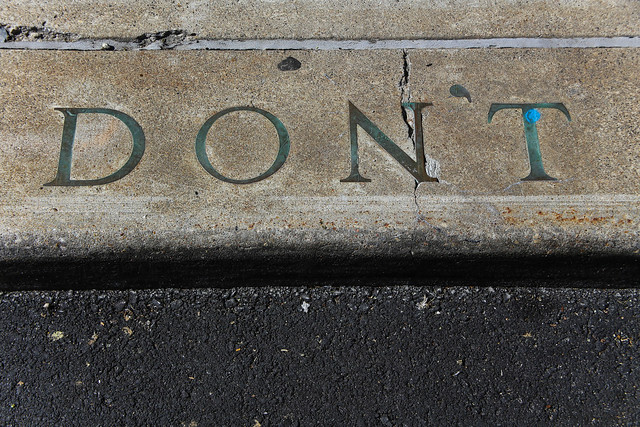
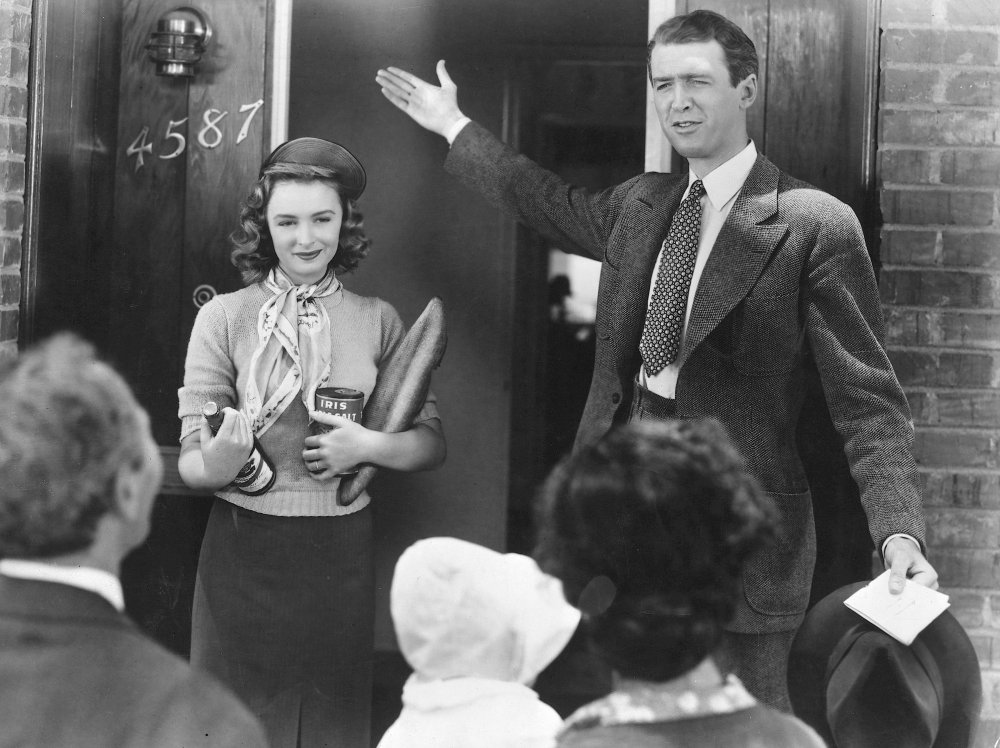




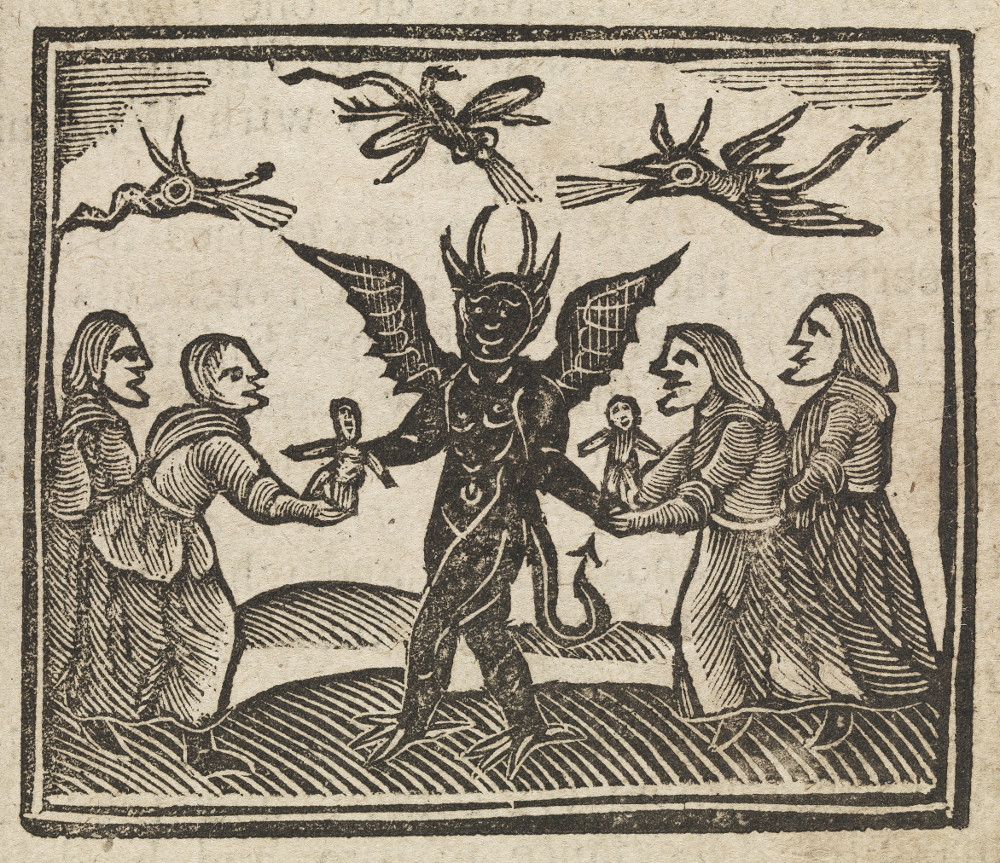



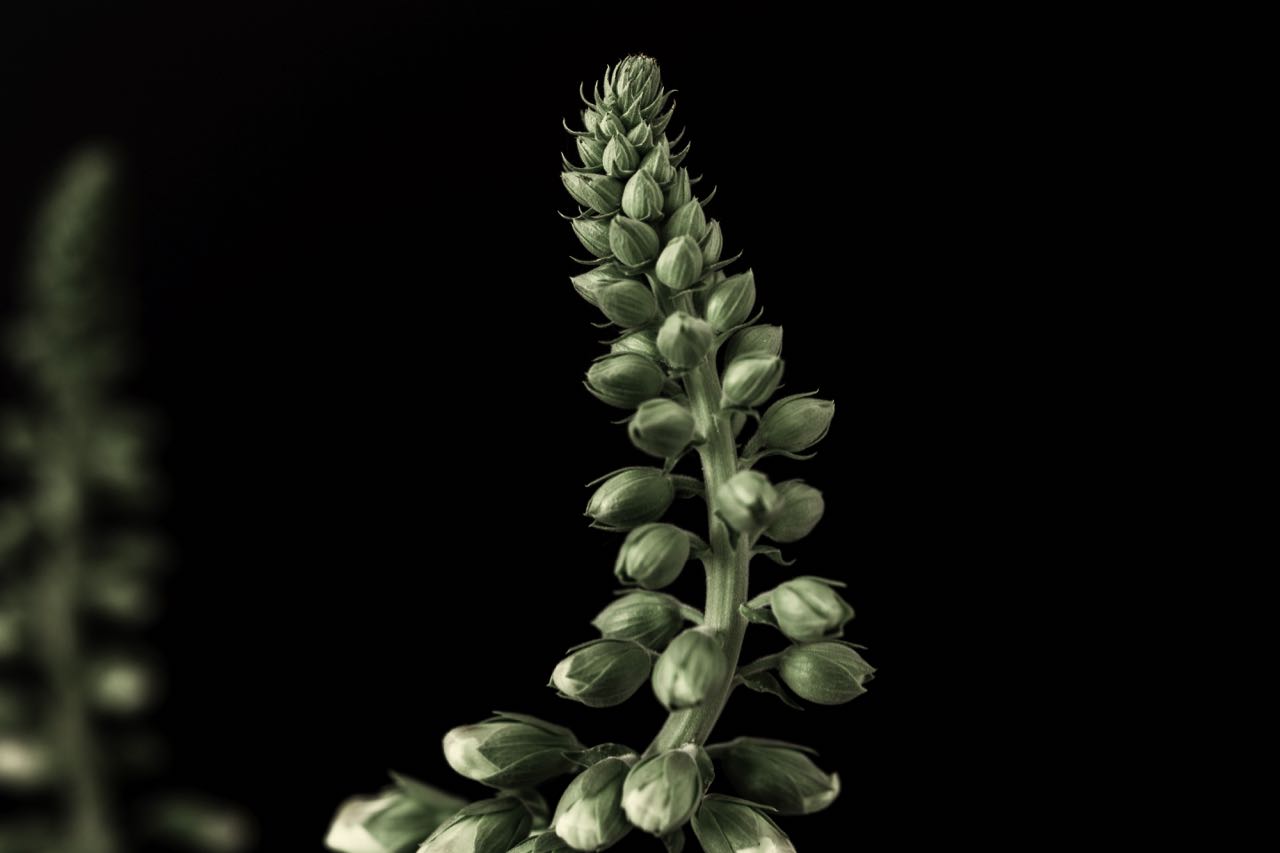
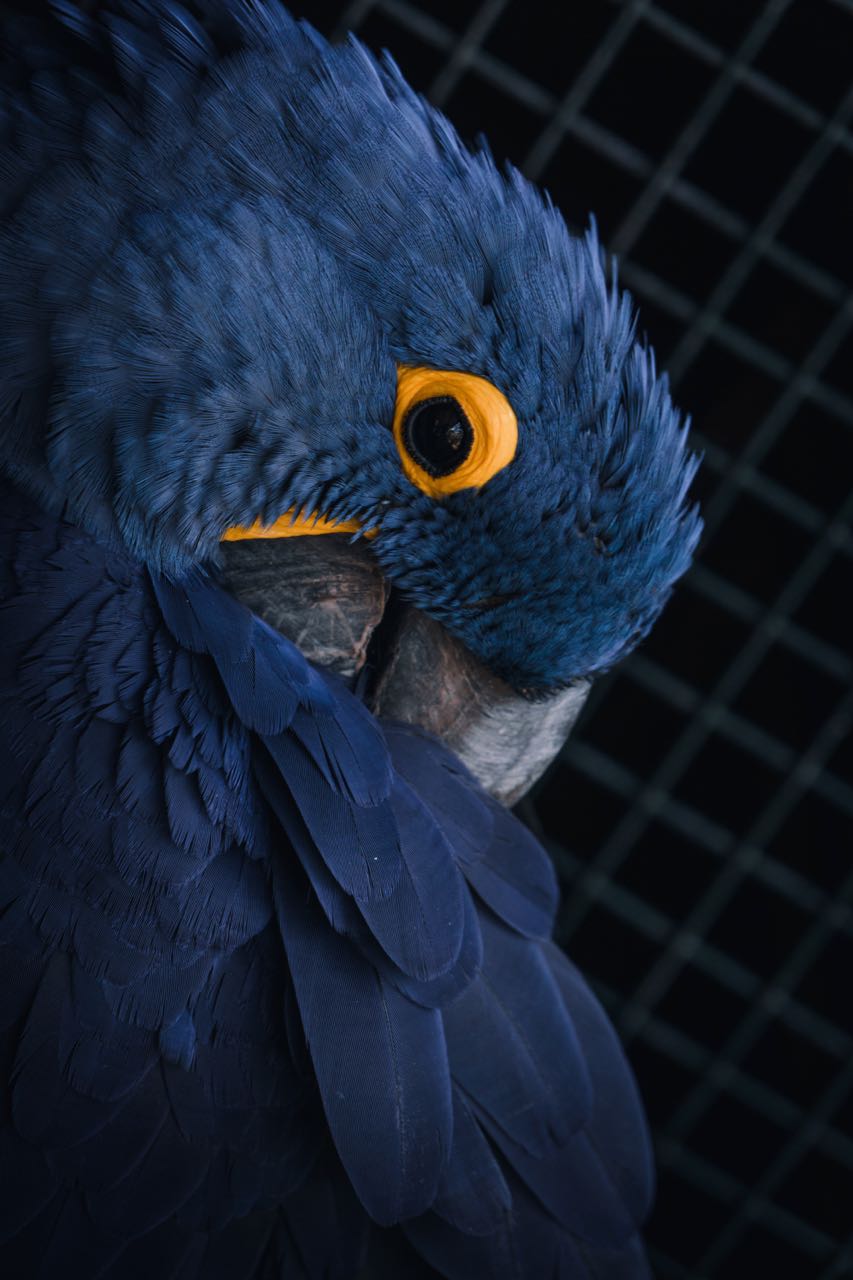



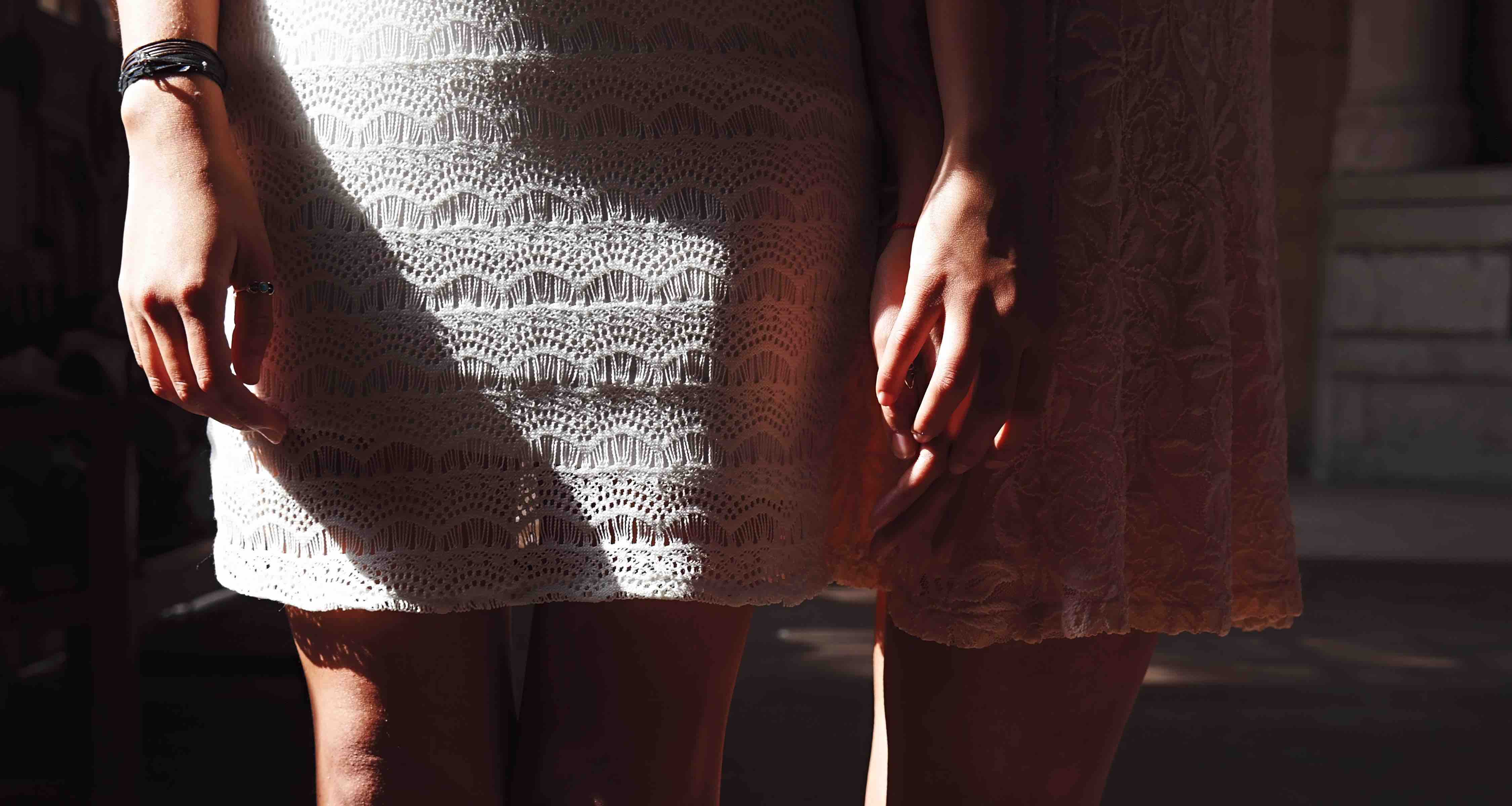

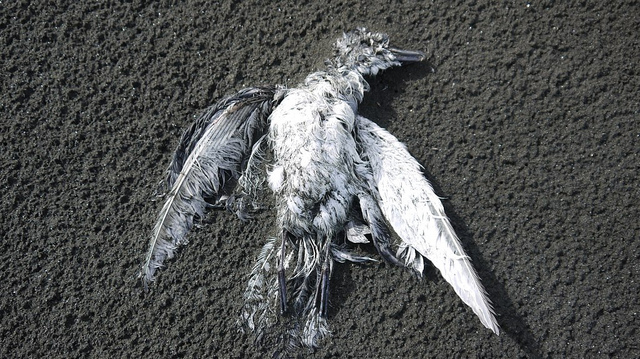

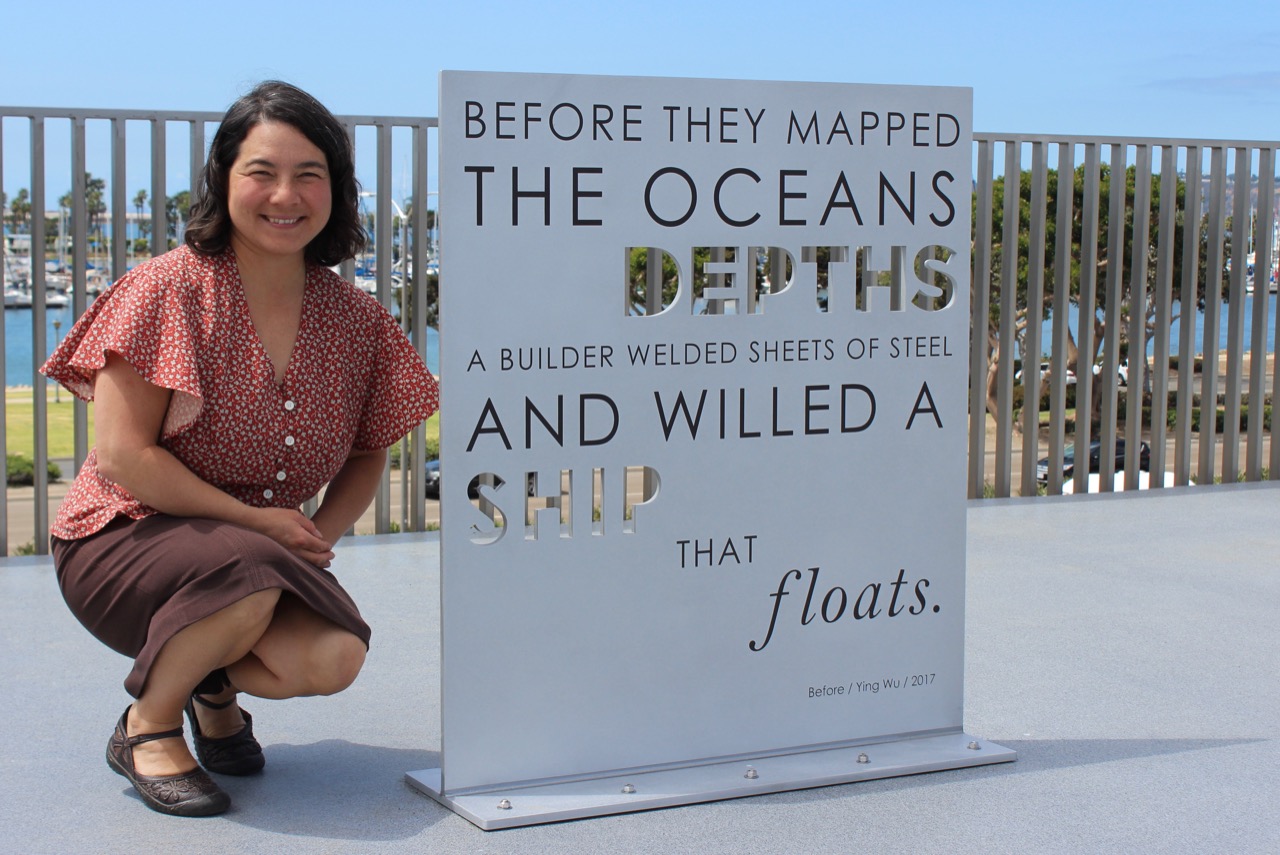
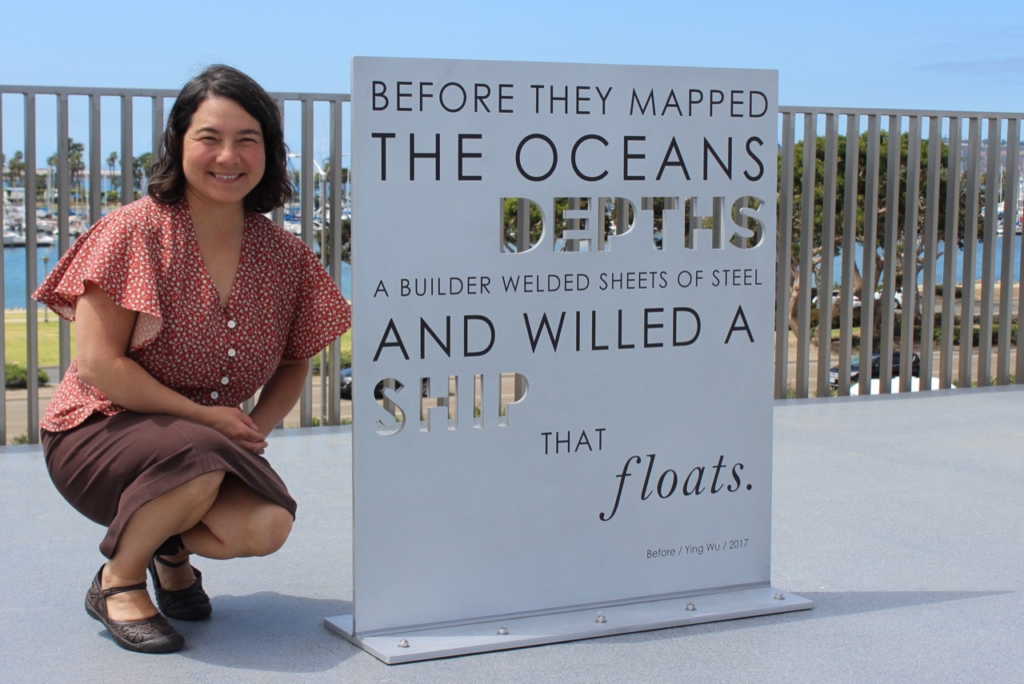 We are delighted to introduce our new editor, Ying Wu, who is joining editor Laura Orem in the Writers Resist world of poetry.
We are delighted to introduce our new editor, Ying Wu, who is joining editor Laura Orem in the Writers Resist world of poetry.